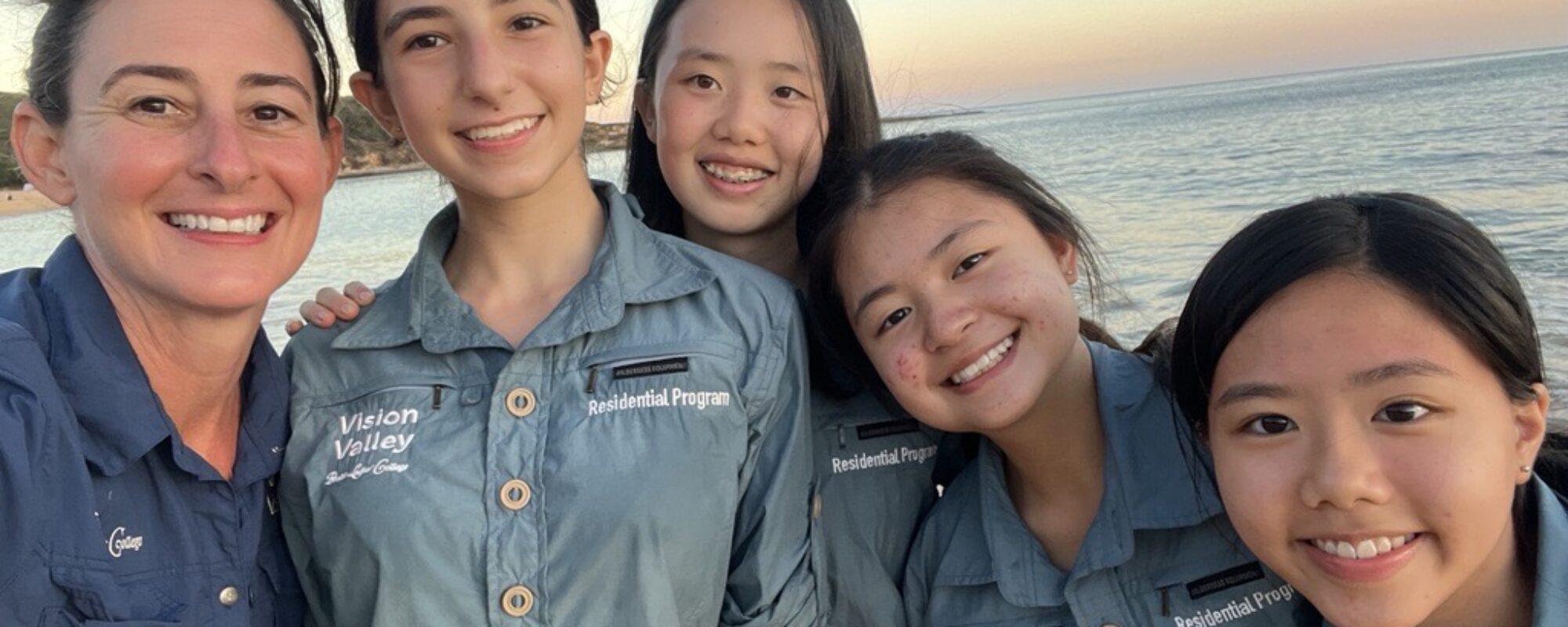From the Principal
Why do we willingly agree to do challenging things? I can promise you I was asking myself that exact question last Sunday when my watch told me I’d climbed 70 (yes, seven zero) flights of stairs – on a 35-degree day, with a hefty pack on my back. It’s safe to say, I was feeling every bit of my 49 years and 7 months!
Where was I? Walking the beautiful and hilly trails of the Bouddi National Park with our Year 9 Pymble and St Ignatius’ College Riverview students on the first expedition of their four-week residential experience. It was perhaps an appropriate location, given that our ex-student and first female solicitor in NSW, Marie Byles (1917), helped a group of bushwalking enthusiasts secure the 650 acres (263 ha) of bushland as Bouddi Natural (National) Park in 1932 and went on to serve as a trustee.
During the expedition – and going up and down all those stairs – I was thinking about the fine line between challenge and fun. In her book, The Power of Fun: Why fun is the key to a happy and healthy life, author Catherine Price lists what she believes to be the ingredients of “True Fun”:
| Things that are unquestionably bad for our health (and that are often amplified by things we do on our devices) | Things that are unquestionably good for us* (and that are facilitated by fun) |
| Feeling chronically anxious and stressed | Not being chronically anxious and stressed |
| Not feeling confident | Feeling confident |
| Not being able to find humour in life | Being able to find humour in life |
| Not laughing | Laughing |
| Being socially isolated | Having strong social ties |
| Feeling lonely | Being part of a community |
| Not spending time in nature | Spending time in nature |
| Being physically inactive | Being physically active |
| Being perpetually distracted | Feeling focused, engaged and present |
| Feeling purposeless | Feeling purposeful |
| Feeling like we don’t have control | Feeling a sense of control |
*By ‘good for us’, Price doesn’t mean the items on the second list just make us feel nice in the moment (although that’s important); she means that they have been scientifically proven to lower our risk for disease and lengthen our lives.
There are many reasons why we take on challenges: to prove to ourselves that we can; to achieve a goal; to help others even when the going is tough; and the list goes on. However, it’s worth considering that sometimes there is fun within the challenge. Certainly, being out in nature with our students, laughing and being physically active ticks all the criteria of Price’s “Things that are unquestionably good for us”. As parents, our instinct is often to minimise the challenges experienced by our children in order to make them happy. Would we respond differently if we acknowledged that some experiences that are good for us and fun are masquerading as challenge?
One of the most rewarding by-products of a really tough walk in the heat was the sense of accomplishment and belonging that formed within our group. It was a truly beautiful thing to be part of. The Grant Study is a famous longitudinal study that predicts healthy aging. This study found that the quality of relationships, more so than money, fame, personality traits and any other factor, was the strongest predicting factor separating those who aged well and those who didn’t. At our debrief at the end of the walk, it was truly rewarding and beautiful to hear the boys and girls reflect on the strong sense of belonging and connection they had formed due to this experience. During the three days of the expedition, it was heartwarming to see the girls and boys playing Frisbee on the beach, helping each other carry water, cooking dinner on Trangias and encouraging each other through the challenging parts, ensuring no one was left behind. In the words of Robert Waldinger, the current director of The Grant Study, “Good relationships don’t just protect our bodies; they protect our brains.” I’d add, they protect our hearts as well!
Establishing this program has been a challenge, that’s for sure! There are so many members of Team Pymble that have gone out of their way to build the Vision Valley Residential Program, from our Board members who agreed to purchase the site, through to the families who supported our Pioneer programs, our academic staff, our Upper School team and, of course, Stuart Clark and our Vision Valley team. 🙏🏻
On Tuesday night, after three days of walking, I headed back to our Pymble campus with a sore shoulder, weary legs and my heart full of pride for this wonderful program we have created for our students. The Year 9 Residential Program is truly fun and worthwhile, perhaps masquerading as challenge from time-to-time. Certainly, the students in the group I had the pleasure of hiking, laughing, cooking, and singing loudly with experienced ikigai, the Japanese word for a “worthwhile life”, which in this context means being present in something – or with someone – you care about.
Thank you for your ongoing support of the work we are doing at Vision Valley to amplify challenge and ultimately create fun, connection and ikigai in the lives of your daughters.
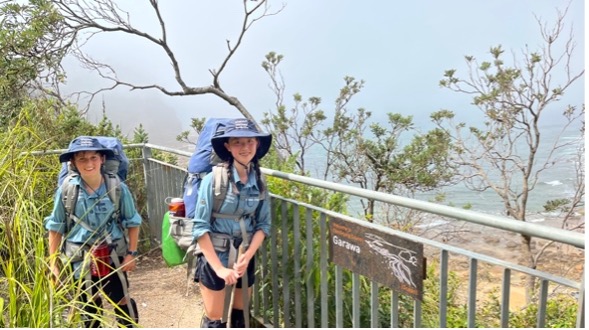
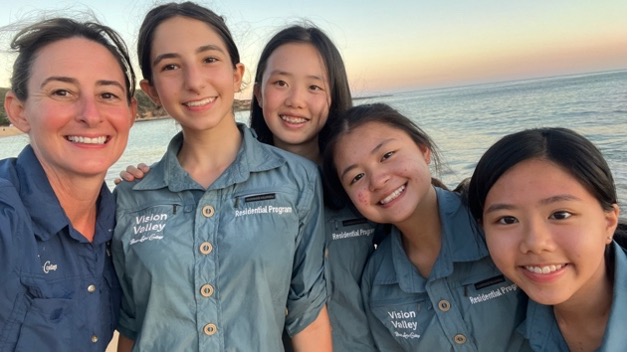
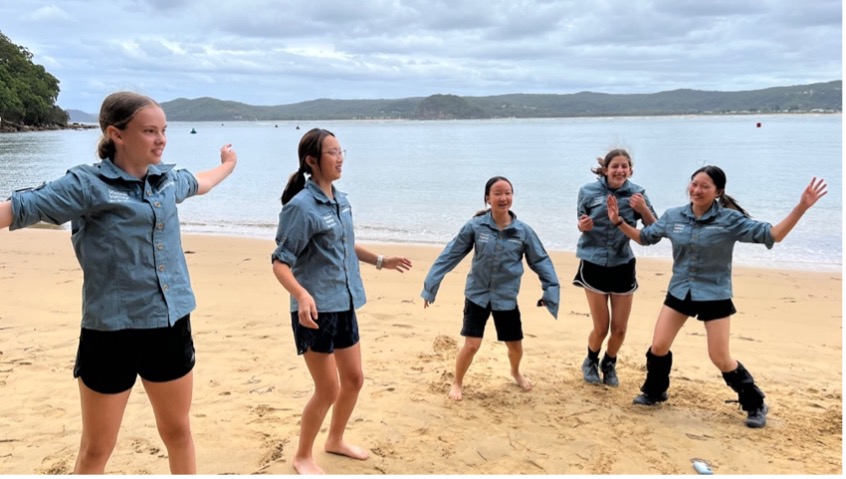
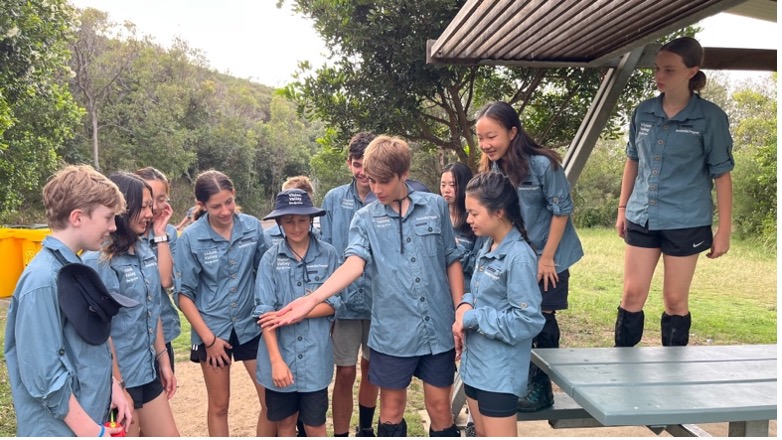
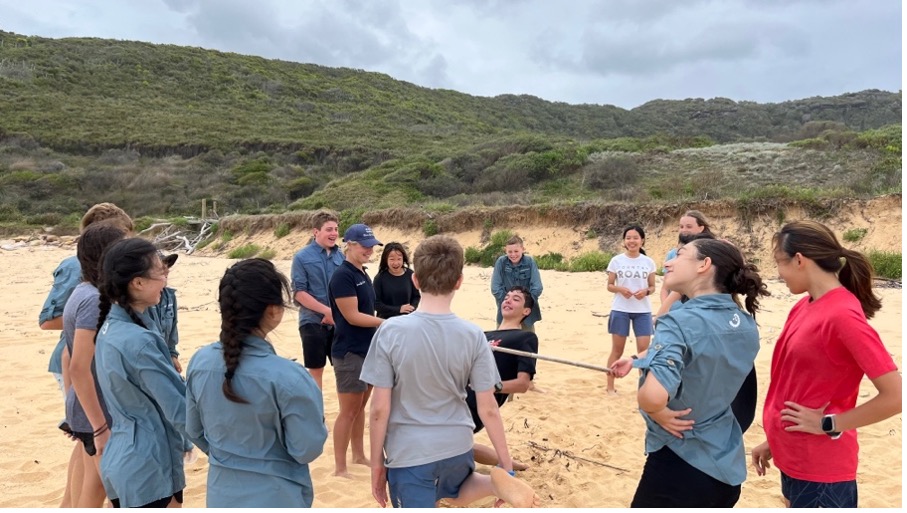
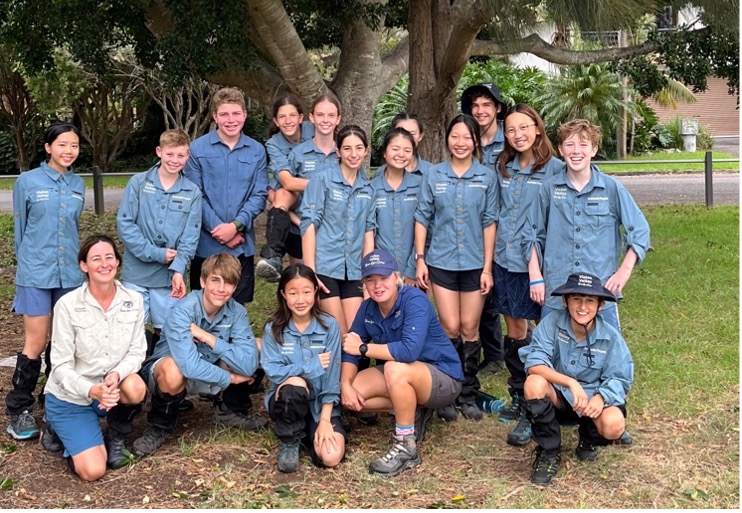
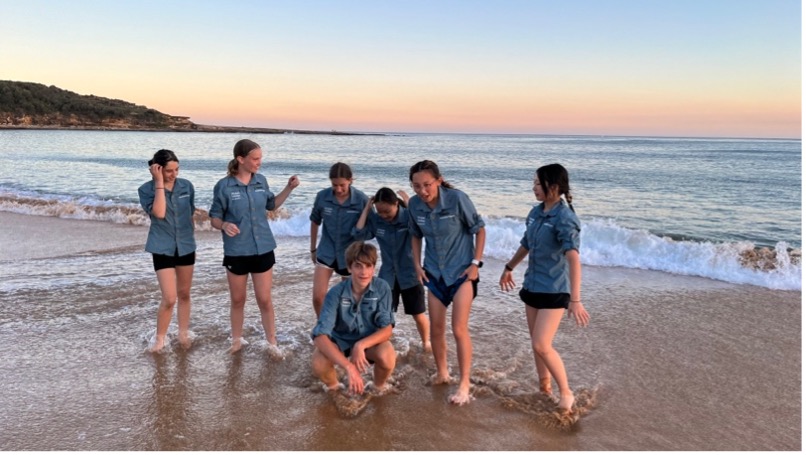
 Dr Kate Hadwen, Principal
Dr Kate Hadwen, Principal

